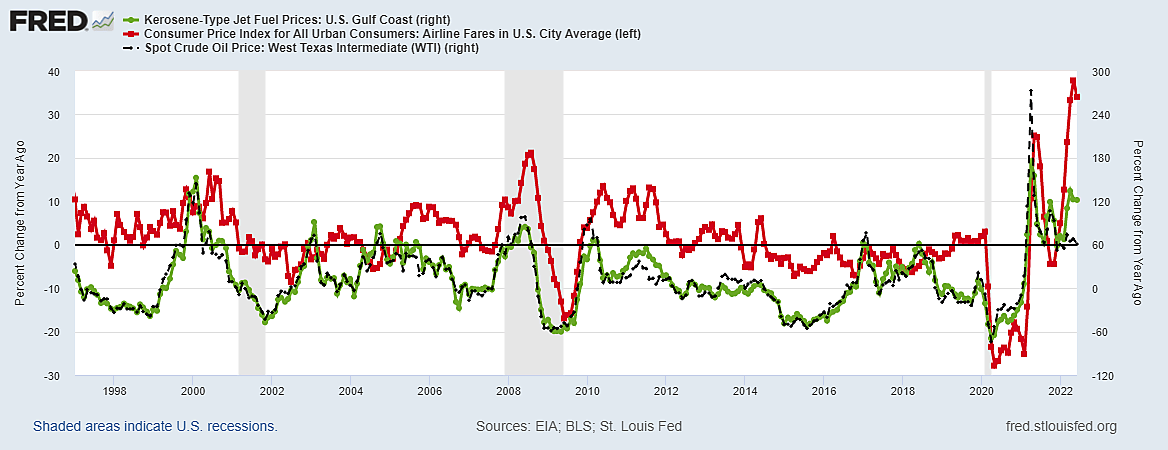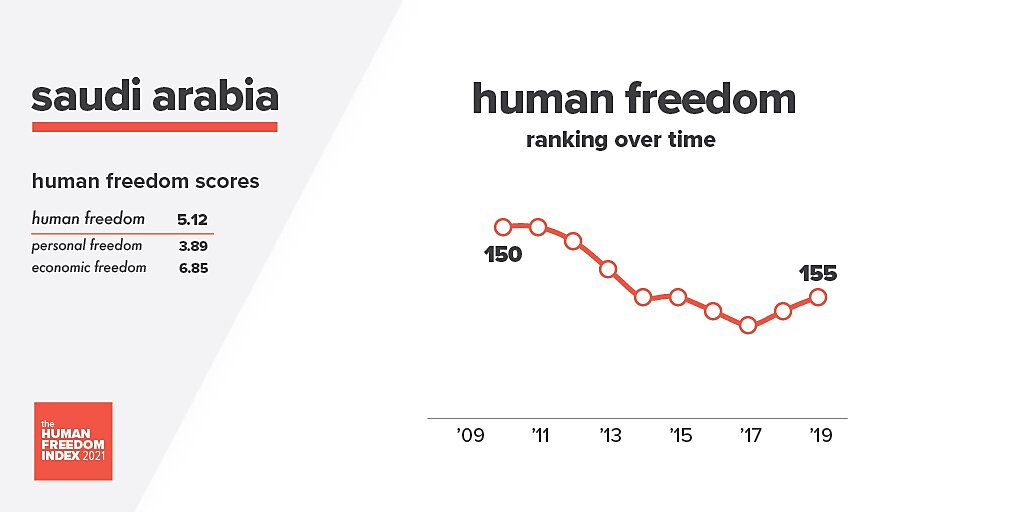Last week saw the launch of a project in which several of us at Cato were closely involved. The National Constitution Center commissioned a set of three “Restoring the Guardrails of Democracy” essays on how best to strengthen the institutional basis of American democracy. The essays were developed by separate teams: Team Progressive, Team Libertarian, and Team Conservative.
Team Libertarian consisted of Cato colleagues Clark Neily and Ilya Somin and me. Team Progressive consisted of law professors Ned Foley of Ohio State and Franita Tolson of the University of Southern California, while Team Conservative consisted of Sarah Isgur, Jonah Goldberg, and David A. French, all of The Dispatch.
Each essay carried a group byline but it’s not amiss to point out that of the three sections in the Team Libertarian report, I handled the section on election law and procedure, Clark Neily the section on the role of the jury, and Ilya Somin the section on the benefits of “foot voting” and choice between governments.
One of the fun conditions of the project is that we did not in any way collaborate with the other teams or get an advance look at what they were going to argue in their essays. So some recommendations overlap between teams, others conflict, and yet others simply don’t engage. For example, Team Libertarian reached a similar conclusion to Team Progressive on reform of the Electoral Count Act, but a conclusion mostly opposite from theirs on whether government should seek to regulate false statements about elections.
Participant Ilya Somin of Team Libertarian, who teaches at George Mason/Scalia law and is a Cato adjunct scholar, has already written both an overview and a followup post at Volokh Conspiracy on the project. You can also watch a video panel on the launch featuring Clark Neily, Ned Foley, and Sarah Isgur, with Jeffrey Rosen of NCC moderating. The Team Libertarian paper is also on SSRN.
I expect I’ll have more to say in future posts, but first I want to spend more time reading the three essays in each others’ light. In the mean time, have a look and feel free to spread the word with your reactions. The three essays, again, are here: Progressive, Conservative, Libertarian.

